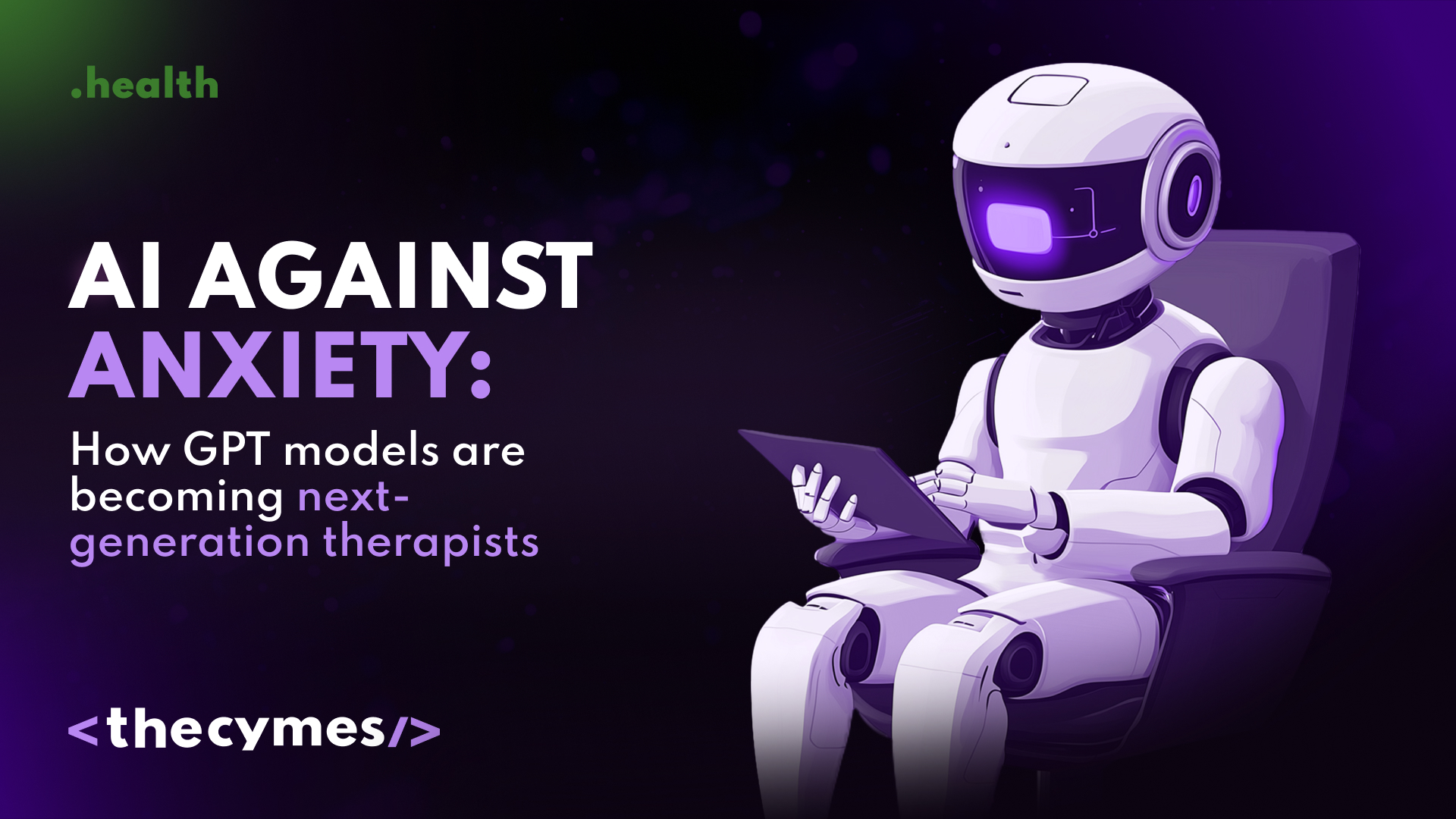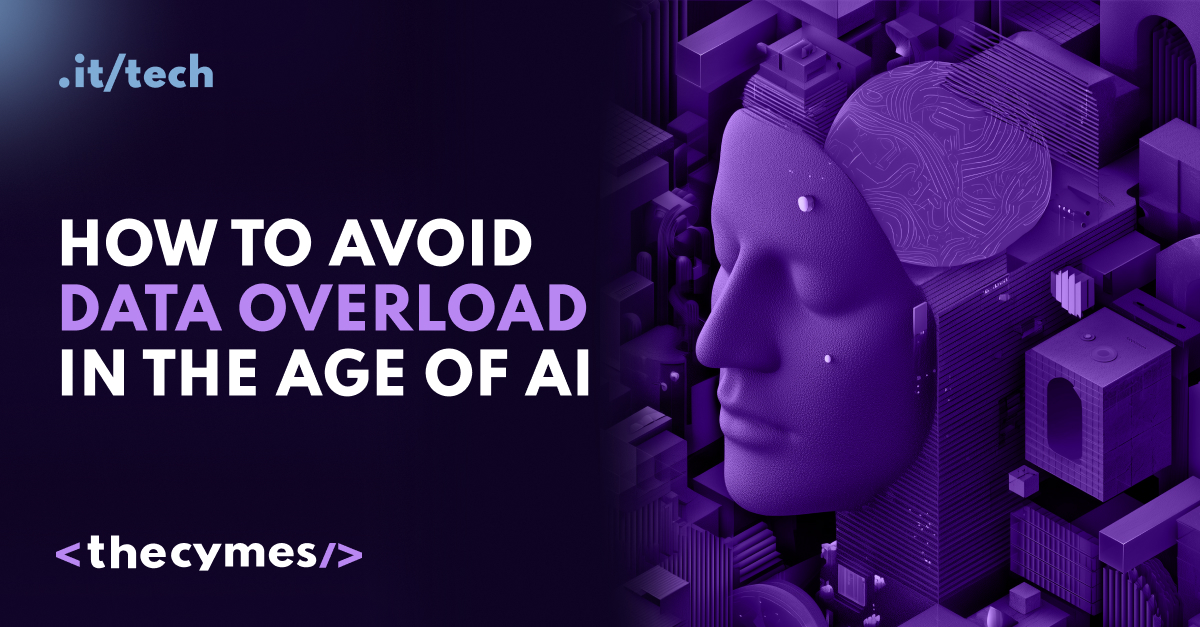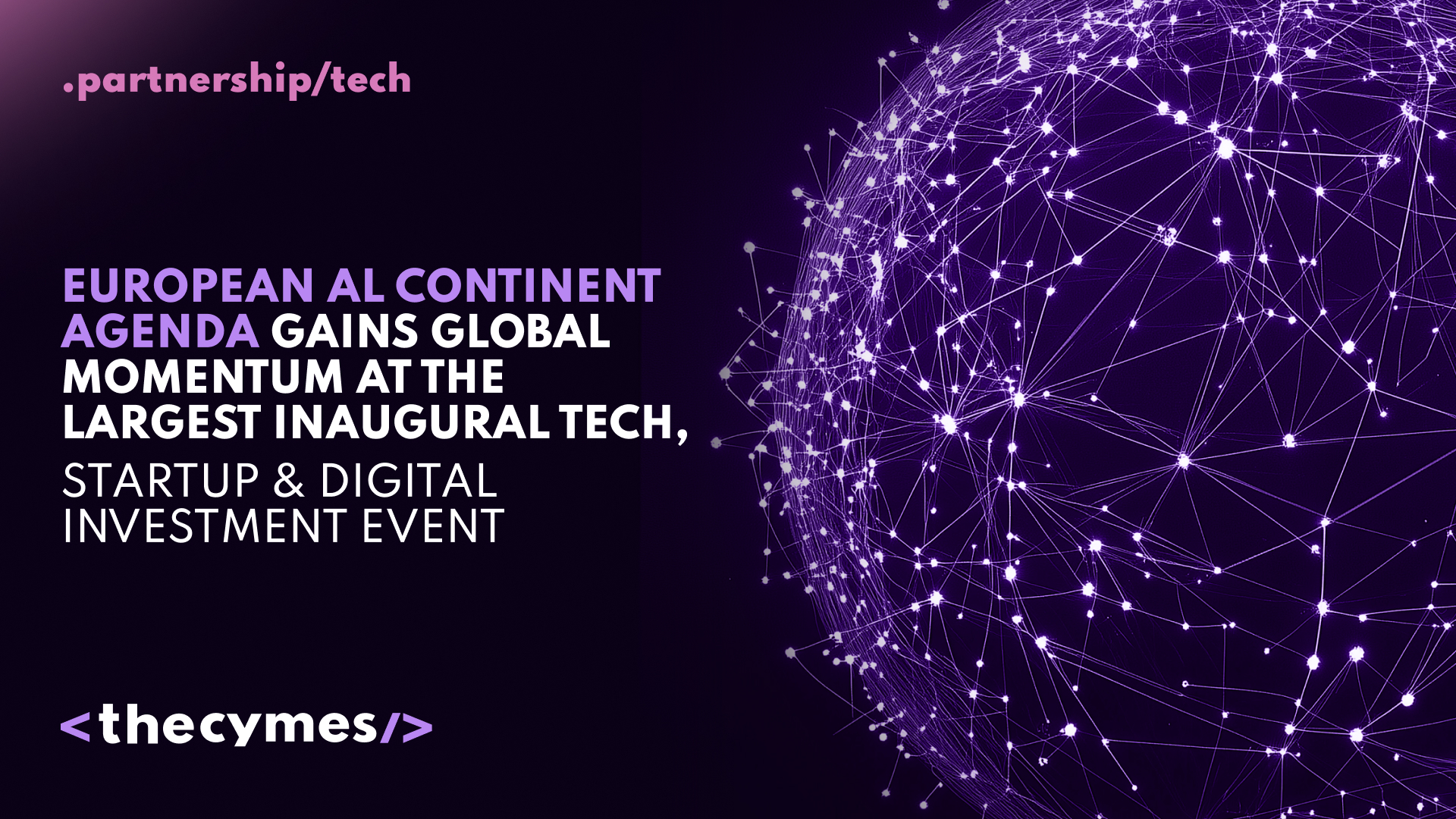.health5 June 16:53
0<
AI against anxiety: how GPT models are becoming next-generation therapists
/>What are the pros and cons of AI in psychotherapy? be updated on the latest tech newsGet exclusive news updates and overview on tech market
 What are the pros and cons of AI in psychotherapy?
What are the pros and cons of AI in psychotherapy? Mila Oreper
Mila Oreper

